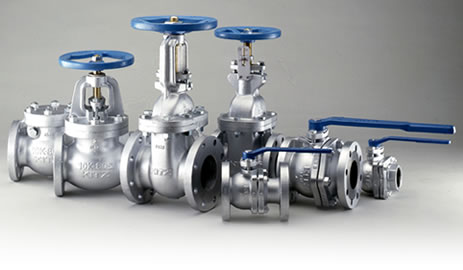Valve casting is a type of investment casting that involves the melting down of metal into molten fluid. In valve casting, the valves are used to change the existing passage section. It also maintains the flow direction of the medium. This type of casting shows the functions of diversion, cut off, regulation, check, split, threatening, and overflow relief.
These valves are widely used in chemical, petroleum, electric power, liquified petroleum gas, pharmaceuticals, water supply, electronics industry, foods, etc. The manufactures melt the metal to create valves more than alloys through the process of yielding. The dissolved metals are kept in a liquefied form to be used in making different kinds of valves.
Significantly, it is also known for its plumbing system, which helps in managing the gas and air. These are the components that help in the delivery of fluid through the pipeline.
The Critical Thing To Consider When Choosing A Valve Casting Company:
Casting is not only the term that includes valves. There are different valve casting components like valve cast disk, valve cast body, valve cast bonnet, valve cast flange, and many others. Various valve casting manufacturers create different types of valves as per the requirement of the market. There are different casting techniques also that form valves as per dimension and specification.
- The company must help in creating valves of different sizes and patterns.
- Valve casting itself is an incredibly cost-effective outcome for many industries, factories, and companies.
- The company must encourage the lessen machine cost and labor in comparison with forging valves.
- It may give liberty to create a different kind of category of valves with additional intricate parts.
Benefits Of Valve Casting:
- Flexible Design- The distinct advantage is that it gives the freedom to design according to their choice and requirement. It offers unlimited options and space in terms of cast materials. The common materials used are aluminum alloy and non-ferrous alloys. The process is particularly attractive for high-temperature alloys.
- Tighter Tolerances- Valve casting is also called precision casting. Tighter tolerances are required; when casting, the manufacturers leave little machining allowance and small machining job.
- Superior Surface Finish- The valve casting process comes to an excellent surface in finishing out and other casting processes. Tolerances of investment are more precise than any other casting methods. It can also release an intricate logo on the exterior of the product.
- Improves Quality- The casting process supplies the right quality product with less casting defects.
- No Quantity Limitation- Casting allows for both large and small casts.
- Diversification Of Materials- Several methods help in the process of valve casting. Alloys of precision casting include alloy steel, heat resistant alloy, permanent magnet alloy, ductile iron, copper alloy, carbon steel, etc.
Conclusion
The casting company plays a significant role in a community. There are various numbers of valve casting manufacturers, which helps produce many industries and enterprises. It is also a plumbing system. This method allows in both steel valves and iron valve casting with different sizes and weights.
Read More:
High Strength Valve Casting Market & Industry Growth Analysis




















